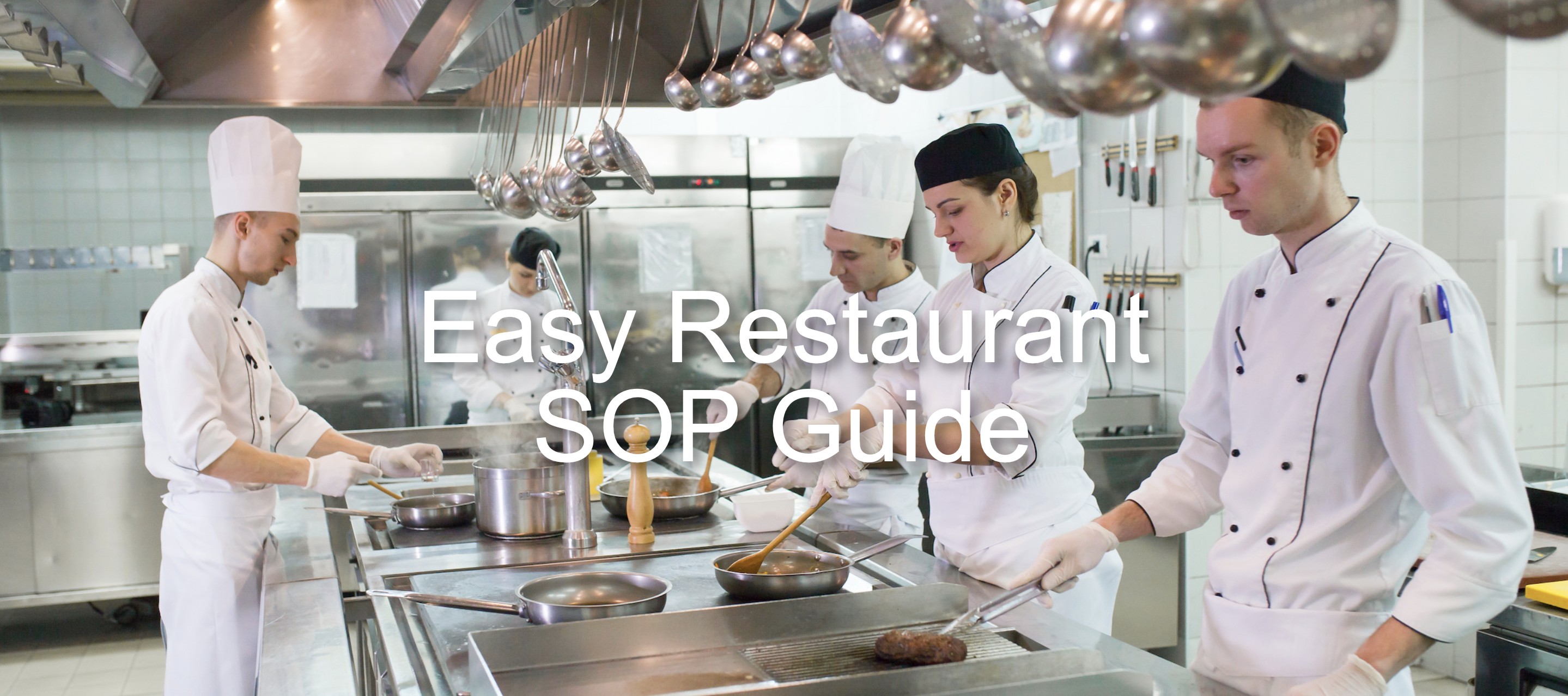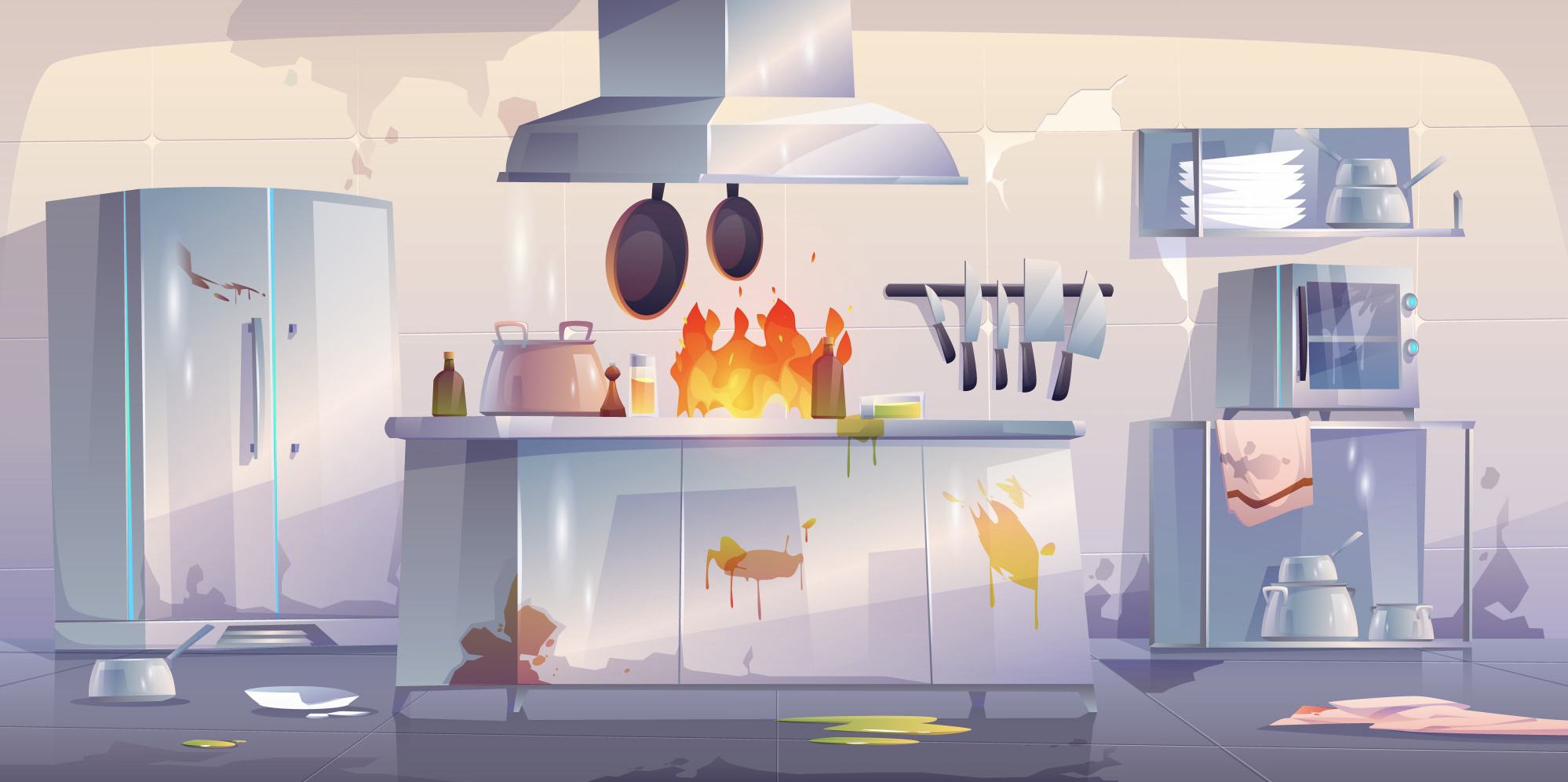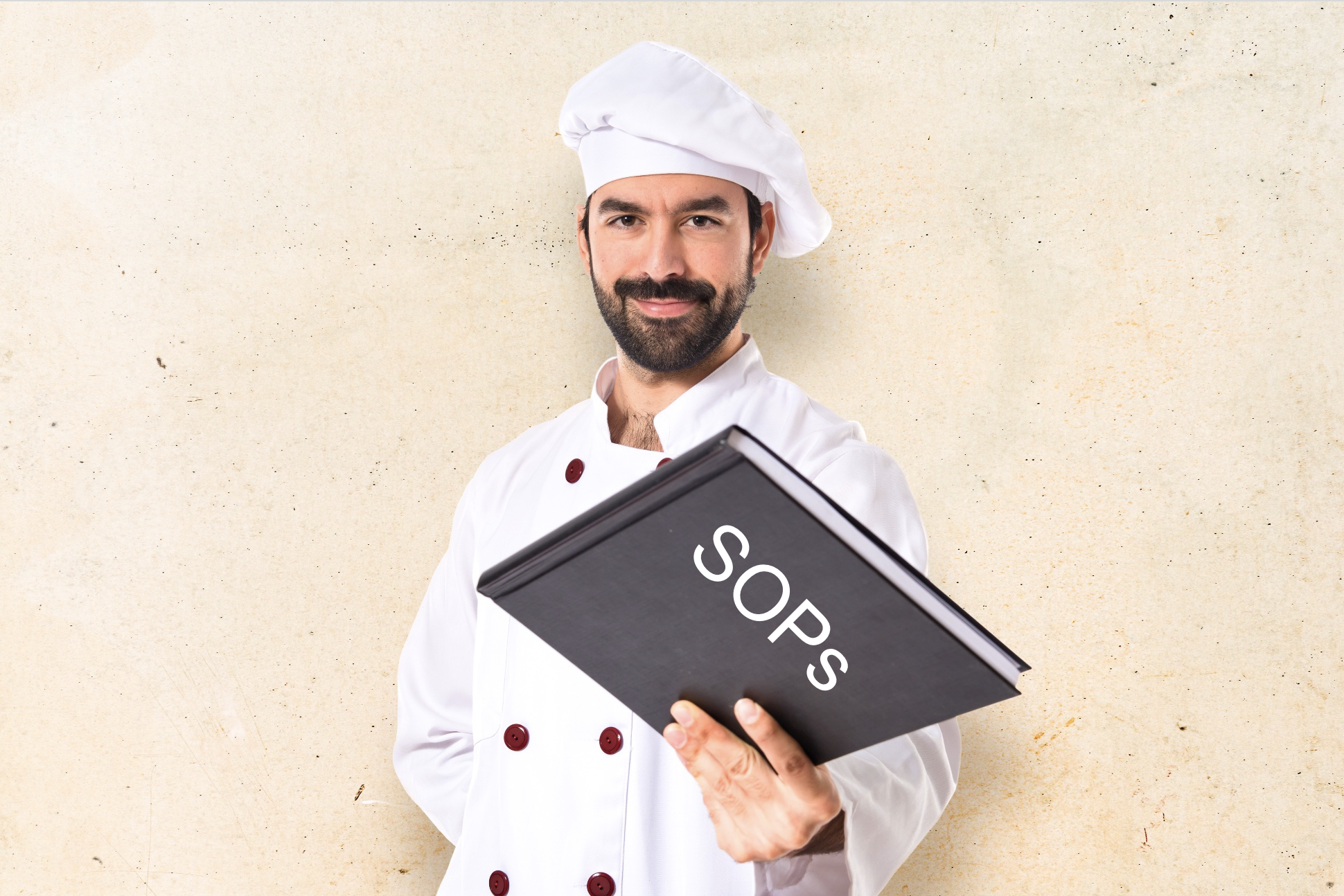The 2022 Guide to Building Restaurant Standard Operating Procedures (SOPs)
Build an effective restaurant SOP manual to standardize staff hygiene, customer service, food prep and much more!

快速瀏覽
- SOPs Help You Reach Your Vision for Your Restaurant
- A Restaurant Without Sops May Suffer From a Few, if Not All of the Following 4 Major Drawbacks
- 1. A Lack of Standardized Expectations and Routines
- 2. Haphazard Standards of Quality Control
- 3. Inconsistent Employee Management
- 4. No Consistent Way to Measure Progress and Growth
- What Elements Should be Included in Your Restaurant’s SOPs
- 1. Food-Related
- 2. Customer-Side
- 3. Equipment Use
- 4. Staff Expectations
- Building Your Own SOP Manual
SOPs Help You Reach Your Vision for Your Restaurant
Building a core set of standard operating procedures (SOPs) for your restaurant is one of the simplest ways to create a controlled approach to the way your business runs. Not only is it a great way to consolidate what you, as a restaurant owner, envision your business running like in its optimum form, but it also allows you to build a concrete set of rules that your staff must follow. Why is this so important? It helps ensure that your business can begin to grow and move toward your vision of what you want your restaurant to operate like.

A Restaurant Without Sops May Suffer From a Few, if Not All of the Following 4 Major Drawbacks:
1. A Lack of Standardized Expectations and Routines
Without a set of common guidelines for your restaurant to operate under, you run the risk of your staff all operating under different expectations and guidelines. This means that instead of working cohesively and following the same procedures, staff members may utilize different working styles resulting in inefficiency and chaos in your restaurant workplace.
2. Haphazard Standards of Quality Control
The lifeblood of most restaurants is repeat customers. This is one of the reasons good CRM is so important. However, if there are no standards when conducting quality control in the kitchen the dishes you produce could vary wildly in taste, presentation and quality. This means that while a customer might have had an amazing meal one day, when they return, there’s no guarantee that they’ll receive the same quality. This could lead to an erosion of trust as repeat customers stop visiting your restaurant.
3. Inconsistent Employee Management
Managing your staff and their behavior is a key element in ensuring that your restaurant is running smoothly behind the scenes. If there are no SOPs when it comes to staff management, then it will be almost impossible to assess which staff excel in which roles. At the end of the day, SOPs can help set targets, goals and incentives for your staff, which will help structure how they work and how they perceive what is important when performing their duties.
4. No Consistent Way to Measure Progress and Growth
Once you have a fixed set of SOPs in place, it will become far easier for you to identify which members of staff are excelling and which ones need encouragement. You can promote or offer more responsibilities to staff who show promise and offer the help required to those who are struggling. Most importantly, all staff can have their performance measured through the same criteria, creating a fair space in which promotions and rewards can be handed out objectively. Without SOPs in place, there is no easy way to identity which staff are progressing the most and are working hard to improve.

What Elements Should be Included in Your Restaurant’s SOPs?
In order to successfully build your restaurant’s standard operating procedures, you need to make sure they cover all the most important aspects of your restaurant operations. What do these include? At the very least, your SOPs should cover the following:
1. Food-Related
Food prep and storage
Recipes and cooking methods
Food presentation
Food storage
Food Inventory Management
2. Customer-Side
How to greet a customer
Taking order and serving
Billing
Complaint management
3. Equipment Use
How to operate standard equipment
Key safety procedures
4. Staff Expectations
Dress code
Code of conduct
Hierarchy
How to embody the restaurant’s values
Timings for work
5. Hygiene
Washing hands
Food handling
Cleaning meat and veggies
How often and when to wash plates, cutlery, etc.
Restaurant cleaning procedures
Table clean-up

Building Your Own SOP Manual
Once you’ve written up your SOPs, it’s best to compile everything into a manual that you can distribute to your staff. Your manual should have all relevant SOPs listed out clearly and categorized by topic so that your staff can easily find the relevant information that they might need. To recap, the main topics you should cover are all things food-related, all things customer-related, equipment usage, staff expectations and hygiene. Of course, there may be more sections you would like to add for your restaurant. These 5 topics are just the key pillars that you should include when building your SOP guidelines.
Depending on how engaging you’d like your manual to be, you can make it something that staff can easily relate to by using friendly language, a fun concept (like a restaurant survival guide) and illustrations. This will help make your SOPs more memorable and will lead to a higher chance for staff to actually read the manual.